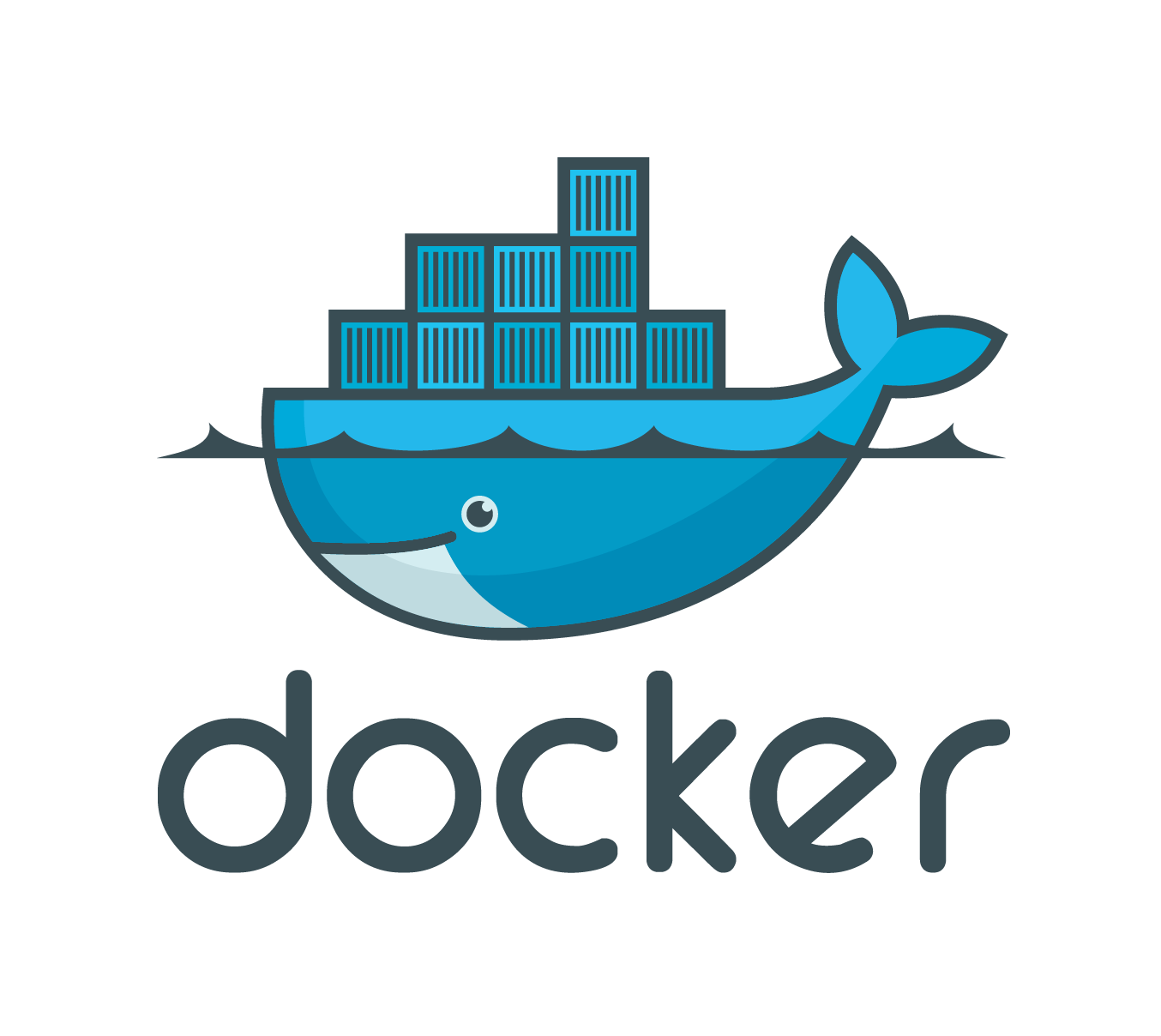
Nos Damos permisos
sudo su
Desinstalar versiones anteriores de docker
sudo atp-get remove docker docker-engine docker.io containerd runc
Se actualizan los repositorios
sudo apt-get update
Instalar paquetes para permitir apt usar los repositorios a travez de https
sudo apt-get install apt-transport-https ca-certificates curl gnupg-agent software-properties-common
Se agrega la llave GPG oficial de Docker
curl -fsSL https://download.docker.com/linux/ubuntu/gpg | sudo apt-key add -
Pare verificar que tenemos la llave correcta buscamos los ultimos 8 digitos
en las llaves
sudo apt-key fingerprint 0EBFCD88
Usamos el repositorio stable. [tambien esta disponible el nightly y test.]
sudo add-apt-repository "deb [arch=amd64] https://download.docker.com/linux/ubuntu $(lsb_release -cs) stable"
sudo apt-get update
buscamos una version especifica para instalar
apt-cache madison docker-ce
Instalaremos la ultima
sudo apt-get install docker-ce docker-ce-cli containerd.io
Se verifica la instalacion de docker corriendo la imagen hello-world
sudo docker run hello-world
bext@bext-VPCF13WFX:~$ sudo docker run hello-world
Hello from Docker!
This message shows that your installation appears to be working correctly.
To generate this message, Docker took the following steps:
1. The Docker client contacted the Docker daemon.
2. The Docker daemon pulled the "hello-world" image from the Docker Hub.
(amd64)
3. The Docker daemon created a new container from that image which runs the
executable that produces the output you are currently reading.
4. The Docker daemon streamed that output to the Docker client, which sent it
to your terminal.
To try something more ambitious, you can run an Ubuntu container with:
$ docker run -it ubuntu bash
Share images, automate workflows, and more with a free Docker ID:
https://hub.docker.com/
For more examples and ideas, visit:
https://docs.docker.com/get-started/
bext@bext-VPCF13WFX:~$
Postinstalaciones para linux
https://docs.docker.com/install/linux/linux-postinstall/
sudo groupadd docker
sudo usermod -aG docker $USER
LogOut y logback para tomar cambio y probamos
docker run hello-world
Configurar docker para arrancar al inicio
$sudo systemctl enable docker
o para deshabilitarlo
$sudo systemctl disable docker
Otras alternativas y configuraciones de Docker
En la referencia de docker se especifican otras opciones como
- agregar un HTTP Proxy
- Usar diferente storage engine
- Configurar el demonio de Docker donde escuchara para conecciones.
- Configurar acceso remoto con systemd.
- Configurar acceso con daemon.json
No hay comentarios:
Publicar un comentario